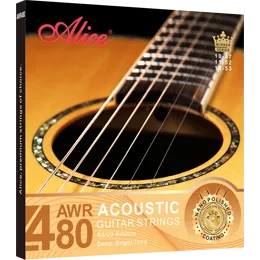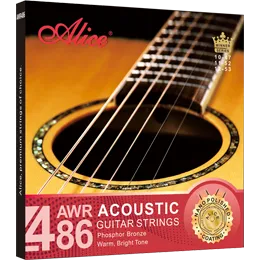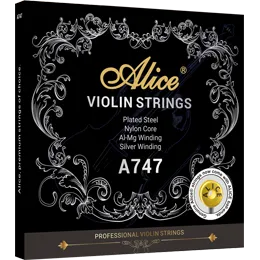Why Do Guitar Strings Buzz?
String buzz is one of the most frequently asked questions by guitarists. There is nothing worse for a guitar player than string buzz because the guitar's tone can be greatly affected.
Guitar strings can buzz for various reasons, including loose, uneven, or worn frets or unnatural bulges on the fretboard. But please note that because all guitars are different, a string buzz problem on one guitar can be caused by different reasons from another guitar.
In this article, we will mainly discuss the reasons for the string buzz. Let’s get started!

- Picking or strumming too hard
Guitar strings can buzz when you pick or strum the strings too hard because strings will contact the frets when they vibrate at a wider arc. That’s where you will hear the string buzz. You need to strum a note with a specific amount of pressure. Try to lower the force you apply on the strings until you don’ t hear the buzz.
- Pressing the strings softly
If you don't press hard enough, the note will buzz even if your fingers are in the correct position. On the other hand, we recommend beginners use ultra-light guitar strings while building up their hand strength.
- Pressing the strings in the wrong position
Where you press is as important as the pressure you put on the guitar strings. If you don't follow the correct technique, you won't get the expected result when playing the guitar. Instead, you'll hear a buzzing sound when you play. Your fingers should be as close to the frets as possible when pressing down the guitar strings to create the notes.
However, this is easier to achieve when playing scales or single notes rather than chords. When playing chords, try pressing directly behind the frets. But, be aware that there will always be situations where you can't get all your fingers close to the frets, such as the G major Barry chord.
- Improper setup
Tuning levels have also been identified as one of the reasons behind the guitar strings buzzing. When tweaking one setting, you need to adjust the other to match. For example, most players set their guitars to E standard tuning. As a result, the other settings also need to match that tuning, the neck tension, the height of the pickup.
- Low humidity
Guitars, especially acoustic guitars, are best played in environments where the relative humidity is between 45% - 55%. If you live in an extremely dry climate or frequently run a heater or air conditioner in your house, the guitar may become too dry. Some of the obvious symptoms of a "dry guitar" include sharp fret ends, which can cause string buzz.
Thickness of the guitar strings
The thickness of the guitar strings is also responsible for the buzz. Guitar strings vary in thickness, so you need to determine the perfect string thickness for the guitar. The most popular thickness are .010 – .046 and .009 – .042. The following explains why the right thickness is important:
2. Different string manufacturers may use different manufacturing processes and materials when producing strings. These variables also affect how much tension the strings put on the neck and even how the strings vibrate.
- Pickup is too high
The pickups will pull on the strings. So if the pickups are too close together, they will rub the frets as they vibrate. Please keep each pole piece within 2mm to 3mm of the string. You can measure this distance while holding down the 22nd or 24th fret string.
- The frets are not on the same level as each other
For example, when the frets of the electric guitar are not on a level with each other, you will hear the string buzz. To ensure that string buzz does not occur, you need to keep the frets at the same height on the fretboard. In addition, you need to make sure there is no space between the guitar string and the fret to vibrate.
- The floating bridge is too low
When the floating bridge doesn’t have enough tension, it will drop below the guitar's body level, and then the strings will touch the frets, causing a buzz. But, on the other hand, increasing too much tension on the bridge is not a good option. The best situation is that the floating bridge will be flat and parallel to the guitar’s body.
How Alice Strings can help<span style="font-family:" line-height:150%;font-size:12pt;"="">

Over the 20 years, Alice Strings has become one of the most influential musical instrument strings manufacturers around the globe. The company is a technology-oriented enterprise integrated with research, development, manufacturing, and sales, with over 50 invention patents.
We provide more than 2000 products, mainly classical guitar strings, acoustic guitar strings, electric guitar strings, bass strings, and instrument accessories. In addition, with the full implementation of the ISO9001:2015 standard, the entire process from raw materials to finished products and packaging products is strictly monitored.
If you are looking for a reliable supplier. Contact us!
Relate News


Electric Guitar Strings Gauge Chart: A Complete Guide for Guitarists

What Are Violin Strings Made Of?
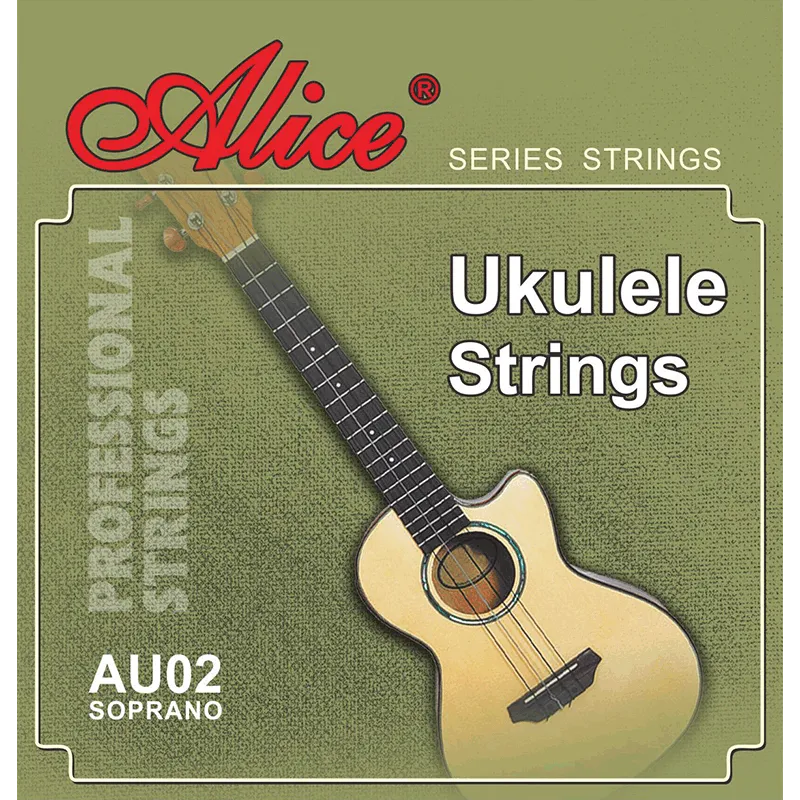
Folk Instrument Strings: Types, Materials & How to Choose the Right Set
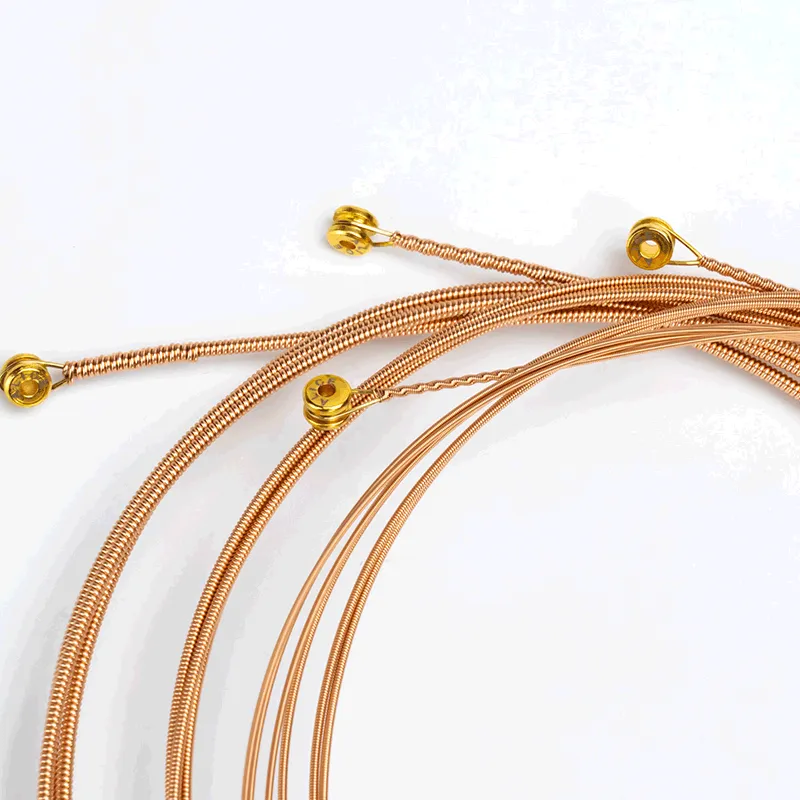
Which Acoustic Guitar Strings Fit Different Music Styles Best?

Common Guitar String Problems: How to Fix Tuning Issues, Rust, and String Breakage

Complete Guide to Guitar String Materials: Which One Is Right for You?
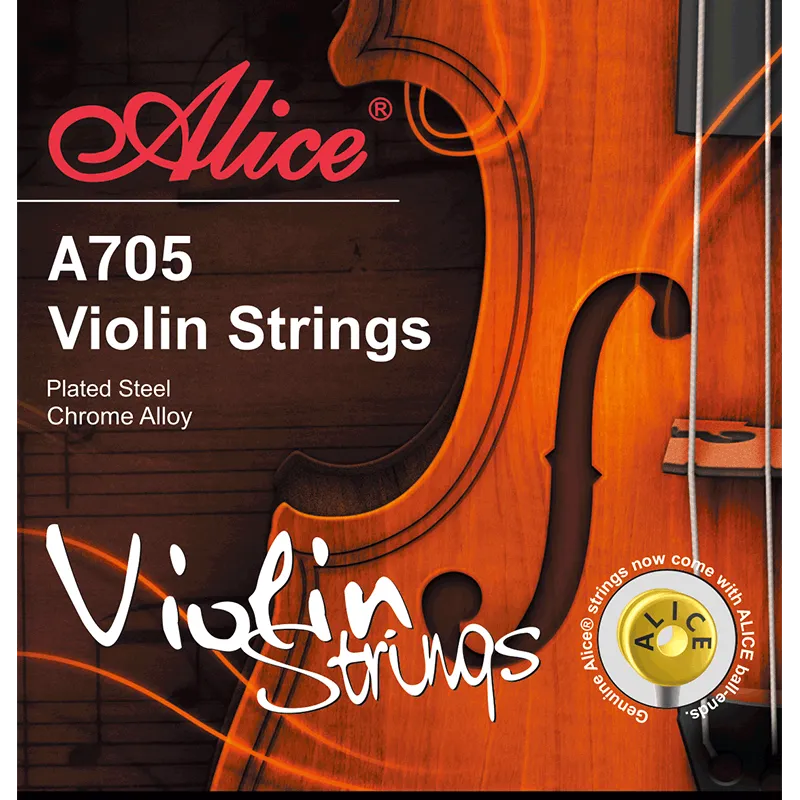
The Complete Guide to Orchestral Strings: Everything You Need to Know

Inside the Craftsmanship: The Manufacturing Process of Guitar Strings

Wholesale Guitar String Purchasing: A Practical Guide for Retailers and Distributors
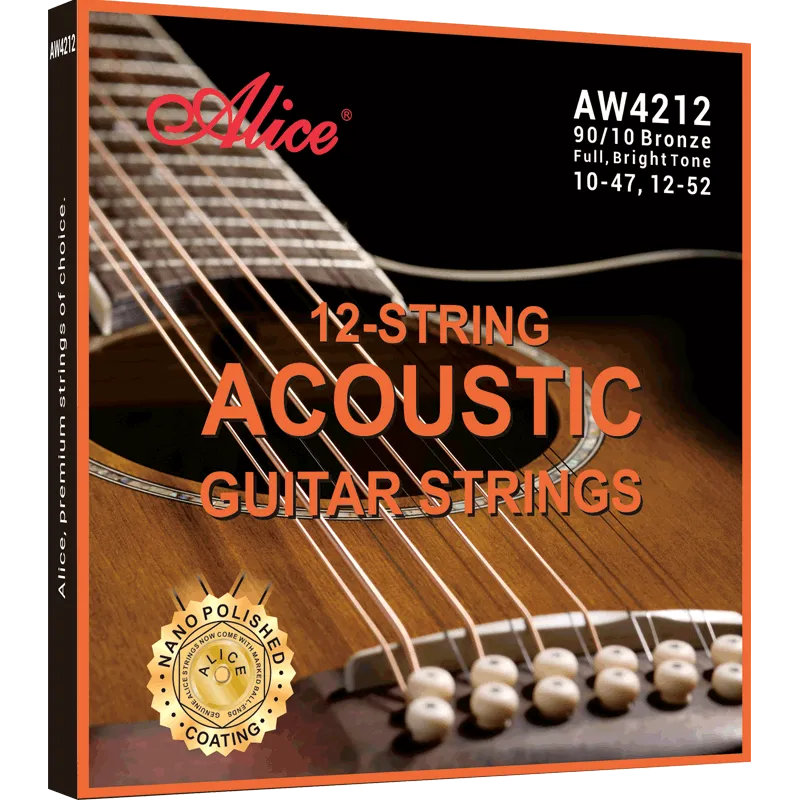
How to Choose the Right Guitar String Models for Export Markets






